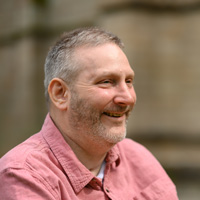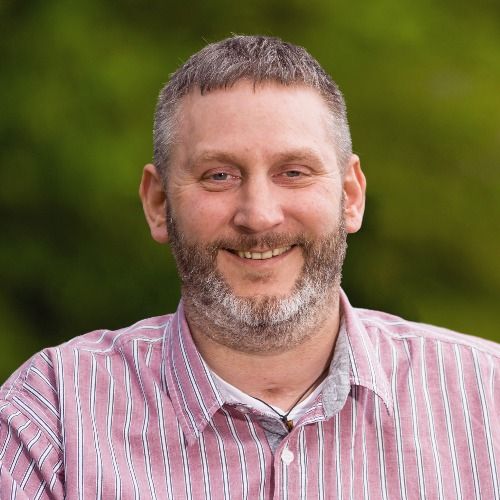Episode 149
Forgiveness Begins When the Heart Breaks Open
Published on:
6th July, 2025
Episode Details


